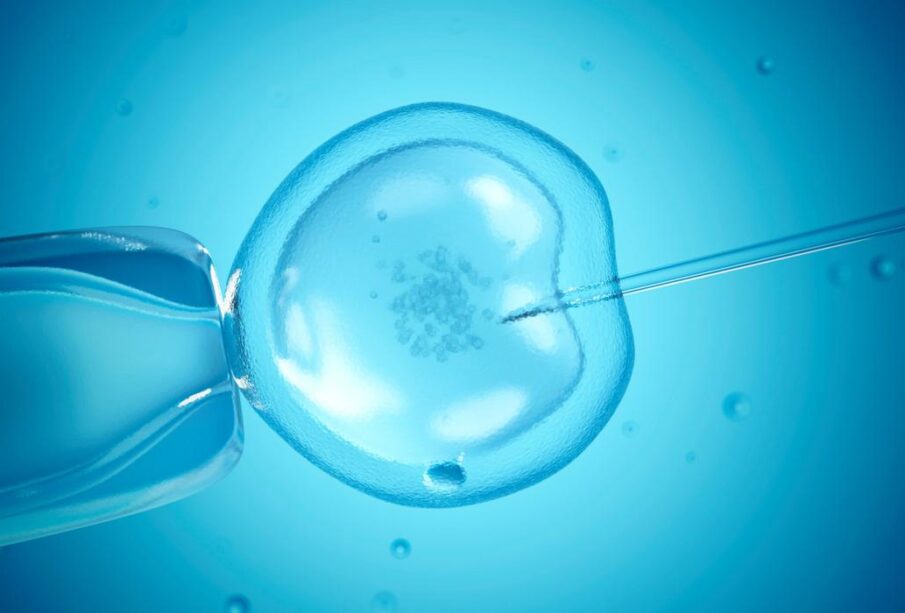What are Lifestyle Dos and Don’ts to Help with Your Fertility Treatment?

If you want to become pregnant, you may be concerned regarding your fertility and if you can improve your chances of it. Some circumstances, such as medical difficulties that impair your ability to become pregnant, may be beyond your control. However, your lifestyle choices might also have an impact on your fertility and your chosen fertility treatment.
Here’s everything you have to know about promoting and protecting your fertility.
What Is Female Fertility?
Female fertility refers to a woman’s capacity to bear biological children. If you and your spouse have been trying to become pregnant with regular, unprotected intercourse for at least a year — or a minimum of six months if you’re over 35 — with zero success, you and your spouse may doubt your fertility.
What Causes Female Fertility Problems?
Female reproductive difficulties can be caused by a variety of medical concerns, including:
Ovulation disorders are conditions that disrupt the release of eggs from your ovaries. Hormonal abnormalities like hyperprolactinemia, polycystic ovary syndrome, and thyroid issues are examples (hypothyroidism or hyperthyroidism).
Polyps or fibroids inside the uterus are examples of uterine or cervical abnormalities.
Damage or obstruction of the fallopian tubes, which is frequently induced by pelvic inflammatory illness.
Endometriosis is a condition in which tissue that ordinarily borders the lining of the uterus develops outside of it.
Early menopause or primary ovarian insufficiency occurs when the ovaries cease to function, and menstruation ceases before the age of 40.
Pelvic adhesions — Scar tissue bands that bind organs following appendicitis, pelvic infection, or pelvic or abdominal surgery.
Menstruation-related medical disorders include poorly managed diabetes, celiac disease, and various autoimmune illnesses such as lupus.
Age also has an impact. Delaying pregnancy might reduce your chances of becoming pregnant. With age, your egg number and quality decrease, making it more difficult to conceive.
What Can I Do To Promote Female Fertility?
Choosing a healthy diet can assist in promoting fertility. Take the following steps:
Keep a healthy weight. Being overweight or being substantially underweight might prevent proper ovulation.
Avoid sexually transmitted infections. Gonorrhea and chlamydia are the most common factors of fertility issues in women.
Avoid night duty, if possible. Working night duty on a regular basis may increase the likelihood of infertility, potentially by interfering with hormone production. If you’re on a night shift, make an effort to obtain adequate sleep while you are not working.
While stress will not prevent you from becoming pregnant, as you’re attempting to conceive, consider decreasing stress and using good coping mechanisms, like relaxation techniques.
What are Off-Limits?
Healthy lifestyle habits are also important here. To safeguard your fertility:
You should not smoke. Tobacco smoking is linked to reduced fertility. Smoking rapidly ages and deteriorates your ovaries. If you smoke, contact your doctor for assistance in quitting.
Limit your consumption of alcohol. Heavy drinking is linked to a higher likelihood of ovulation issues. If you wish to get pregnant, you should avoid alcohol totally. Abstinence both before and throughout pregnancy is typically advised since a safe amount of fetal alcohol intake has yet to be determined.
Caffeine should be avoided. Caffeine consumption of below 200 mg per day seems to have zero effect on women’s fertility. Limit your caffeine consumption to one or two six to eight ounces of coffee cups each day.
Excessive exercise should be avoided. Excessive physical exercise can prevent ovulation and diminish the synthesis of the progesterone hormone. If you’re at a healthy weight and are thinking about getting pregnant soon, restrict your strenuous physical activity to no more than five hours per week.
Toxins should be avoided. Toxins and contaminants in the environment, like dry-cleaning solvents, pesticides, and lead, can have a negative impact on fertility.
What’s The Bottom Line?
Consult a fertility specialist if you’re considering becoming pregnant and are worried about the influence of your lifestyle decisions on your fertility and fertility treatment. He or she can assist you in determining ways to boost your fertility and increase your chances of becoming pregnant.










